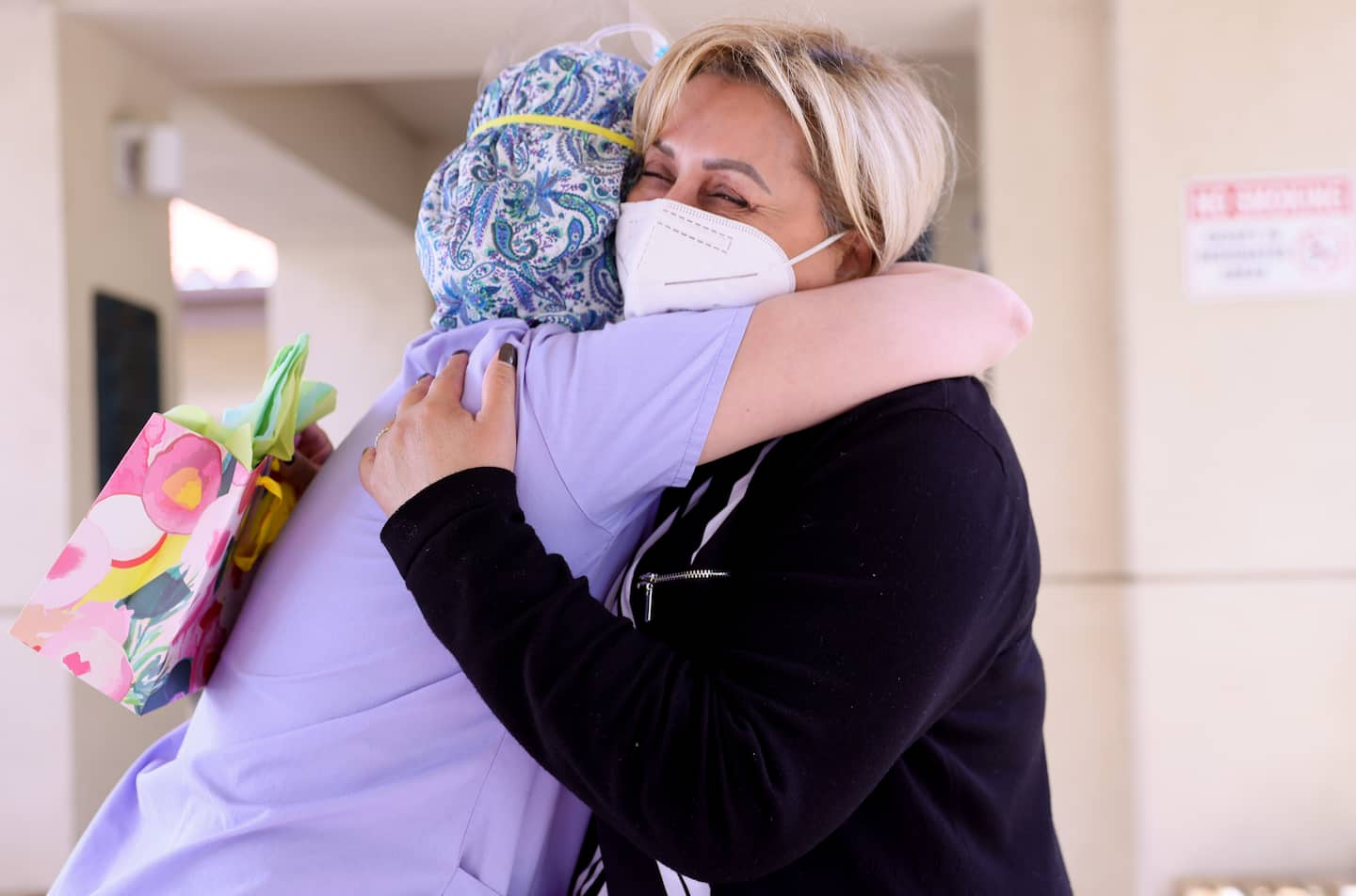The pandemic has been awful. It could have been so much worse.

Pause and contemplate that for a second. A year ago, I was explaining why the price of oil had dipped into actually negative territory as the world abruptly hunkered down and tried to avoid the novel coronavirus: “You can think of the price of oil futures as a kind of economic forecast. Right now that forecast is paralytically depressed about May, hardly more cheerful about June, deeply dolorous about the prospects for the rest of the year and morose about 2021.”
Mind you, this was less than three months after my first column on coronavirus, where I’d noted: “Over the past four decades we have rebuilt our economy to center on megacities, mass travel and supply chains that wrap around the globe several times over, all of which coincidentally make nice wide superhighways for wayward viruses. That system makes us richer than any generation in human history, but it also makes us extraordinarily vulnerable.”
Yet that system was already working to produce a vaccine. In fact, it had started working on the problem years earlier, when a young scientist named Katalin Karikó began applying for grants to figure out how to get custom-tailored messenger RNA, or mRNA, past human immune systems and into our cells, where it could be used as a therapy.
On Jan. 10, 2020, China released the genetic information for the novel coronavirus. That day, BioNTech, where Karikó was working, began designing an mRNA vaccine. And 336 days later, that vaccine was the first one authorized in the United States for prevention of covid-19.
Israel, which has vaccinated about 56 percent of its population with Pfizer-BioNTech’s mRNA vaccine, reported just 139 new cases of covid-19 on Tuesday, down from a January peak of 11,934 and from about 4,389 on Feb. 23, around the time it crossed the 40 percent mark. This has happened despite a progressive loosening of public health restrictions, which offers reason to hope that Israel may soon be the first nation to truly reach herd immunity. That could be us in a few months, if we can just keep up the pace.
I won’t call this a miracle; there is nothing supernatural about all of this progress. But it is a piece of fantastic luck for each of us to have been born when it was possible.
Imagine what might have happened if covid-19 had hit in 2000 instead of 2020. The virus could have traveled as quickly down those economic superhighways. But the first in a series of seminal papers by Karikó and her colleagues was still five years from being published, and work on adenovirus vaccines, such as those from Johnson & Johnson and AstraZeneca, was also in early innings. We might well have had to make do with less effective vaccines, like the dead-virus vaccine from Sinovac, or simply wait until at least 70 percent of the population had gotten sick.
But ultimately, any talk of vaccines might have been an academic discussion. Then, we didn’t have the technologies that allowed so many people to socially distance while they waited for a vaccine. And even if you think we shouldn’t have “canceled everything,” you can acknowledge the evidence showing that a lot of economic activity probably would have stopped regardless. Twenty years ago, we wouldn’t have had the online shopping and entertainment options that made isolation semi-tolerable.
All of which adds up to: Even a short time ago, more of us would have gotten sick, more of us would have lost loved ones, and, quite possibly, more of us would have lost businesses and jobs. The pandemic has been awful, and the toll too terrible for words. But it’s also true that we avoided much suffering — and just how much should stun us into silence every time we think about it.
Yet how often do we think about that, compared with how often we get angry at the people we believe are pandemic-ing wrong? For that matter, how often do we wonder at any of our chronological good fortune? Long before the pandemic, we routinely lambasted, say, our cable provider for poor customer service, and rarely congratulated them for selling us hundreds of channels worth of entertainment; we crabbed about cramped seats, long security lines and terrible food instead of thinking about how extraordinary it is that our ancestors bequeathed us the gift of flight. That’s human nature, of course: No matter how good our luck is, we get used to it, and trudge forward on the hedonic treadmill, as miserable as we ever were.
Well, I invite you to step off the treadmill, just for today, and look at how far we’ve come. We live in an unprecedented age of wonder — and that’s the only reason some of us are still here to appreciate wonders to come.
Read more:






